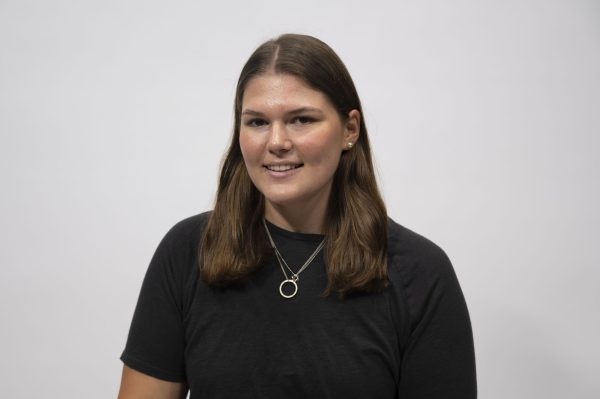What would you do if you had thousands of dollars to spend as you wished? Invest in the stock market and pay off some debt? Treat your family and friends to some new gifts or a vacation? Or maybe — and I’m just thinking out loud here — you would buy a ticket to a live event.
A few years ago, the thought of buying a ticket to a live entertainment event that was roughly the price of a car would be unheard of. But not in 2024, when tickets are more overpriced than ever. For example, an average ticket for Taylor Swift’s “The Eras Tour” costs well over $1,000, with resale tickets going for up to $11,000. For Super Bowl XLVIII, ticket prices ranged from $8,400 and reached as high as over $95,000.
Analysts from the Bank of America have coined a name for the rise in prices for live events: “Funflation.” The analysts said that live entertainment was shoved to the forefront of the media and entertainment industry right after the peak of the COVID-19 pandemic, thus inflating demand for in-person experiences. As the demand went up, so did the prices.
Funflation is most notable when we look at some big names in the entertainment industry over the years. Let’s take Swift for example: The pop princess is arguably the most powerful force in modern live entertainment, with her most recent tour grossing over $1 billion. According to Pitchfork, the average secondary market, or resold ticket, price for a ticket to a show for the North American leg of the “The Eras Tour” cost around $3,800.
On the other hand, six years ago, when she went on her Reputation tour, the average secondary ticket price was a mere $157. That’s a whopping 2,321% increase.
While these new prices are unaffordable for most live entertainment lovers, this price jump does not always stop people from making the ticket splurge. According to a 2023 Intuit Credit Karma survey, 33% of Gen Z respondents and 31% of millennial respondents said that they are willing to do “whatever it takes” to be able to attend the live events of their favorite athletes or performers. The survey noted extreme measures that participants took to afford these events, such as cutting back on eating out, borrowing money from family and friends, taking money out of their savings accounts, giving up necessities like food and even going into credit card debt.
I’m a college student on a college student’s budget. I eat out once a week, if at all. I budget my nights out wisely and admittedly, I wait until my laundry has accumulated nicely so I get the most out of the $2.50 washers and dryers in my residence hall. But when I heard that Olivia Rodrigo was coming to Boston for her “GUTS World Tour,” I knew I had to attend. I’ve been a fan of Rodrigo since her “Bizaardvark” and “High School Musical: The Musical: The Series” days and streamed both her albums religiously.
I went through every means I could think of to acquire tickets but had to resort to resale websites. You can imagine my shock when I opened the resale website SeatGeek and found that a single ticket was being sold for as much as $27,241. Of course, cheaper options ranged from $10,000 to $20,000, but even those “cheaper” tickets also seemed a little out of budget. I was upset and a little heartbroken, but most of all, confused —- the last time I went to an A-list singer’s concert was Ariana Grande’s 2019 “Sweetener World Tour,” where the average face-value ticket was $118. Why am I now expected to give up a semester of college tuition for a one-night event?
The accessibility of attending these live experiences has become nothing short of abysmal, especially for the average college student. As fans, we have been left with the reality that a once-beloved pastime has now become a luxury reserved only for those who will go to extreme lengths to afford it. However, this should not be the case: Live music, sports and shows should not be something the average person needs to consider selling a kidney to enjoy. It should be accessible to all without the worry of becoming a financial burden.
But for now, as Rodrigo says, it’s truly brutal out here.
Carol Queiroz is a second-year public relations major. She can be reached at coelhodequeiroz.a@northeastern.edu.















